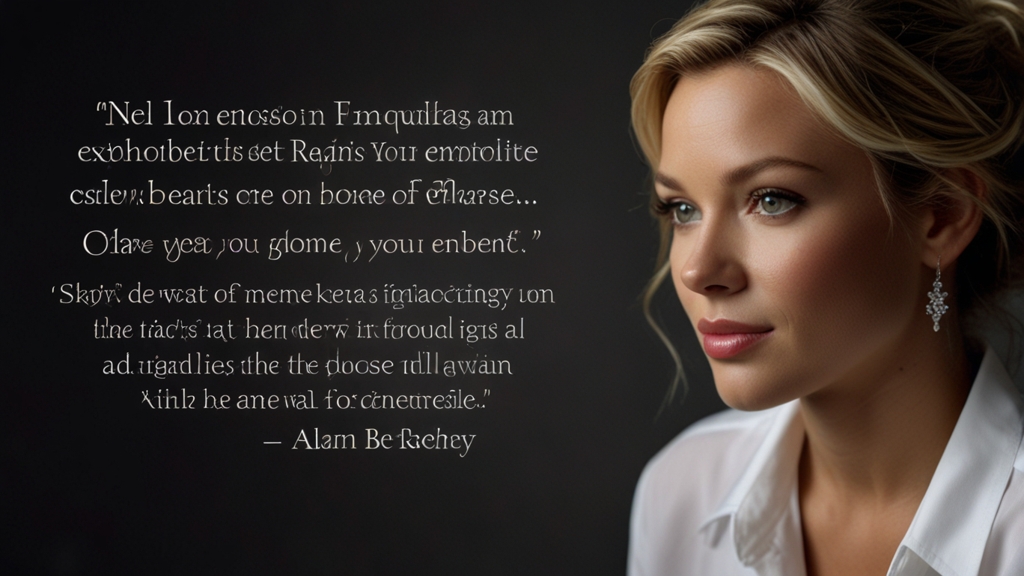Genesis' Influence on Mythology Linking Stories Across Time
The Book of Genesis, the first book of the Bible, is a foundational text that has significantly influenced world mythology. As a central tenet in Judeo-Christian traditions, Genesis offers a narrative framework that parallels and intersects with myriad global myths. Stories of creation, the flood, and the fall of humankind, as described in Genesis, seem to echo across different cultures and epochs, suggesting a shared human fascination with existential questions and the nature of the divine.
The Creation Narrative
The Genesis creation story—where God creates the world in six days and rests on the seventh—is one of the most well-known myths. Interestingly, this account resonates with various other creation myths across the world. For instance, in Mesopotamian mythology, the Enuma Elish narrates how the god Marduk forms the world from the body of the slain sea goddess Tiamat. Similarly, in Hindu mythology, the universe is born from the sacrificial dismemberment of the primordial being Purusha, a concept explored in the Purusasukta of the Rigveda.
These parallel narratives point to a shared motif: the universe arising out of a primordial act of creation, often divine and methodical. By examining these similarities, one sees a common human impulse to rationalize the mystery of existence, often invoking divine agency to explain the origin of life and the cosmos.
“In the beginning, God created the heavens and the earth.” — Genesis 1:1
The Flood Narrative
Another striking example of Genesis' influence is the story of Noah's Ark, which shares remarkable similarities with flood myths in diverse cultures. The story where God decides to inundate the world to purge wickedness finds parallels in the ancient Mesopotamian Epic of Gilgamesh, where Utnapishtim builds a boat to survive a divinely sent flood. In this Mesopotamian epic, much like Noah, Utnapishtim preserves specimens of all living creatures.
Included in the pantheon of similar stories is the Hindu myth of Manu, a man chosen by the god Vishnu to survive a great deluge by building a boat and loading it with animals, plants, and sages. The ubiquity of flood narratives underscores a collective memory of cataclysmic events, suggesting at least some basis in historical experience or an archetypal human anxiety about environmental catastrophe.
“And every living substance was destroyed which was upon the face of the ground [...]; and Noah only remained alive, and they that were with him in the ark.” — Genesis 7:23
The Fall of Humankind
The story of Adam and Eve in the Garden of Eden explores the theme of humanity's fall from grace, a concept also found in various mythologies. In Greek mythology, the story of Pandora mirrors this narrative. According to the myth, Pandora opens a box which releases all evils into the world, much like Eve eating the forbidden fruit introduces sin and suffering into human existence.
Similarly, in Zoroastrian mythology, the first humans, Mashya and Mashyanag, are tempted by the evil spirit Angra Mainyu and fall from a state of perfection, an event that leads to the present world's mixture of good and evil. These stories capture a universal contemplation of moral failure and its consequences for humanity, reflecting on themes of temptation, disobedience, and the loss of innocence.
Linking Stories Across Time
The influence of Genesis on global mythology illustrates more than just shared narrative structures; it highlights a human tendency to ask profound questions about our origins, our morality, and our fate. By tracing these stories across time and cultures, we observe a rich tapestry of human thought and belief, each tradition adding its unique threads to the collective understanding.
These shared themes suggest that while cultures may differ in their specific religious practices and narratives, they often seek answers to similar existential questions. In this way, Genesis can be seen not just as a religious text but as part of a broader human story—a story filled with recurring motifs and symbols that speak to the collective psyche of humanity.












